News

THE FIRST PERFUMER-CREATOR CHARTER
THE FIRST PERFUMER-CREATOR CHARTER
In New York, Dubai, Sao Paulo, London, Grasse or Paris, many perfumers have been consulted by the SIPC to express who they are, and how they define themselves as professionals. The Charter resulting from these interviews, the first of its kind will be released in a couple of months.
Does a profession really exist until a regulatory framework and a code of ethics have defined it? Obviously not. Despite a long history (The Egyptian priests were they not the first fragrance composers?), the perfumer profession of a perfumer has never been recognised. Louis XIV created a certificate of “Glove Maker-Perfumer” (Gantier-Parfumeur) Master in 1651, but this corporation was dissolved during the Revolution. And then? Nothing official has been established, only a vocal commitment, which unified the Perfumers, under the initiative of M. Aimé Guerlain, during the Universal Exhibition in 1889 “This represents just a few informal guidelines that to this day, govern the entire profession, over 1000 to 1500 women and men around the world (a figure that the SIPC is currently refining) and that contributes to the wealth of the industry” says Calice Becker, perfumer at Givaudan. However, these professionals were considered as “compounders” of Raw Materials but saw their skills grow exponentially with the developments and understanding in chemistry in the middle of XIX Century. From this, the profession has become ever more technical and the perfumer has evolved into a highly trained specialist, using extensive and in-depth knowledge advent by the synthesis, which gave as a gift abstract ideas to the perfumer and also a wonderful opportunity to become an artist. The vast technical knowledge required by a young perfumer today makes the current profession very different to what it was for Cesar Birotteau, the Balzac Hero.
Define ourselves in order to exist
The complexity of the profession, which is at the forefront of progress, has definitely impeded its recognition. But how can the Perfumer present themselves to the modern world, without having to define themselves, without explaining how they share common values with peers and into which technical framework (and ethics) they invents, composes, and creates?
Behind this charter project, there is the SIPC, the newly formed International Society of Perfumer-Creators chaired by Calice Becker. By choosing the title of “Perfumer-Creator” (filed at the INPI), the SIPC made its intentions clear: “If some would like to challenge their artistic status, Perfumers are indeed creators” explains the independent perfumer, Sylvie Jourdet. This charter, which will be made public in a few months, will be the first step of a wider recognition of the perfumer profession. It will help the profession to be heard and recognised, to join forces, to make known to the general public, its diversity, its requirements, and finally to be able to knock on the doors of institutions, in order to one day obtain the recognition as an artistic profession. “We also hope to see fragrance recognised as “work of the mind” via the intellectual property code, as seen in the film industry, choreography or photography”, added the perfumer Serge Oldenbourg. It has not been so long since Yuri Gutsatz, creator of the brand “le jardin retrouvé” said during the SFP meeting “perfumer, you have no name”.
Thanks to this charter, the perfumer will be able to have a name (perfumer-creator), but also a status known to everyone. Soon, maybe the general public will know the creator of l’Air du Temps by Nina Ricci, or of the N°5 by Chanel, like they know the creator of the “Mona Lisa” or of the “Ralf of the Medusa”.


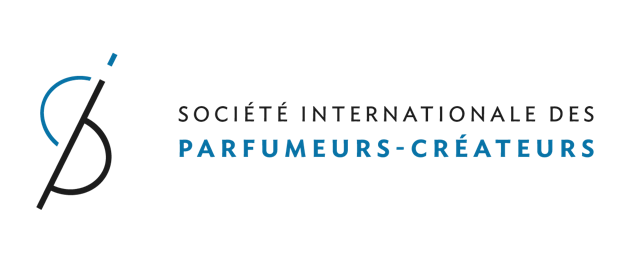
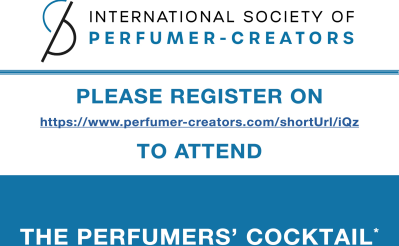
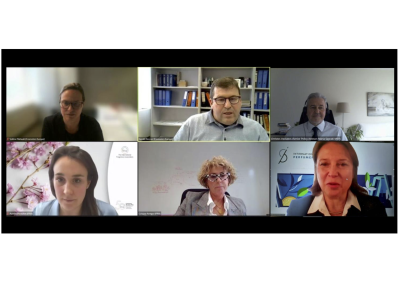
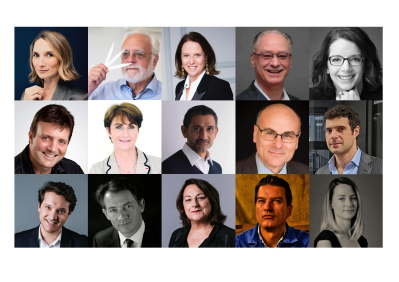
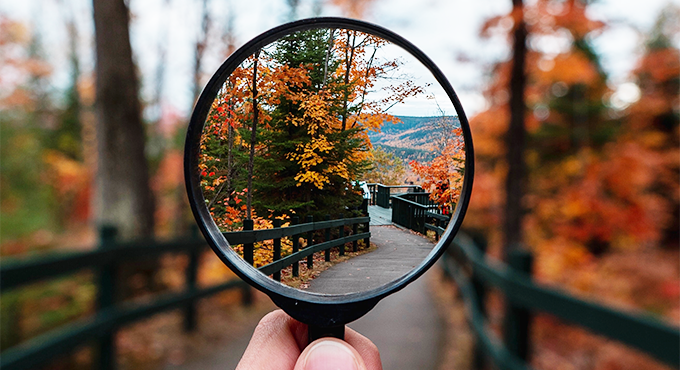


No comment
Log in to post comment. Log in.